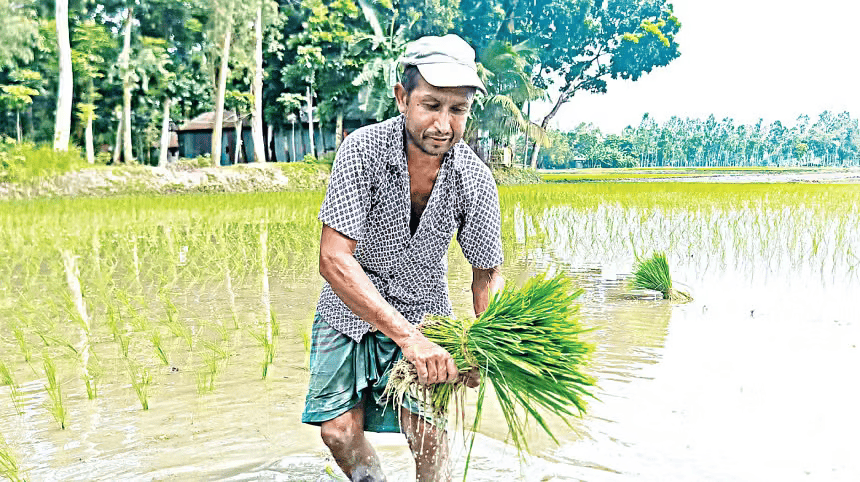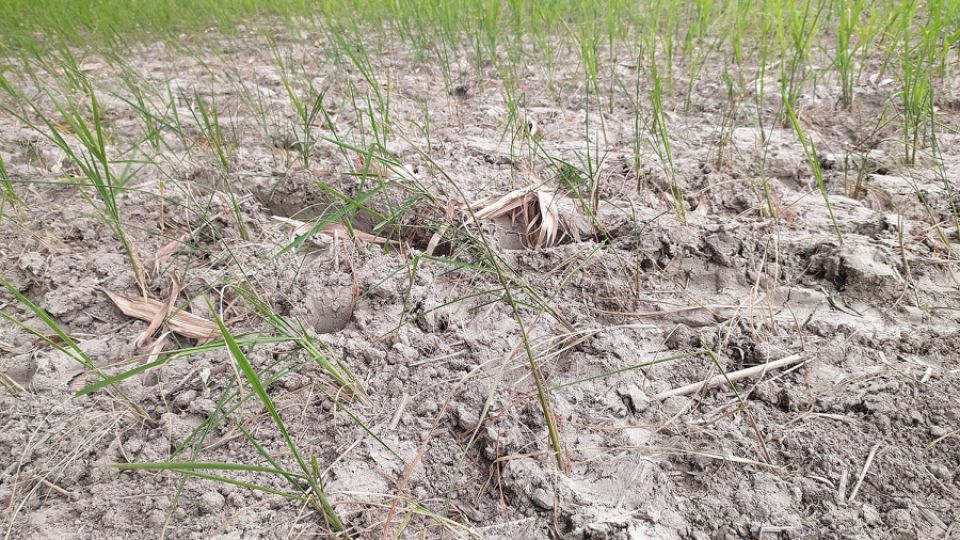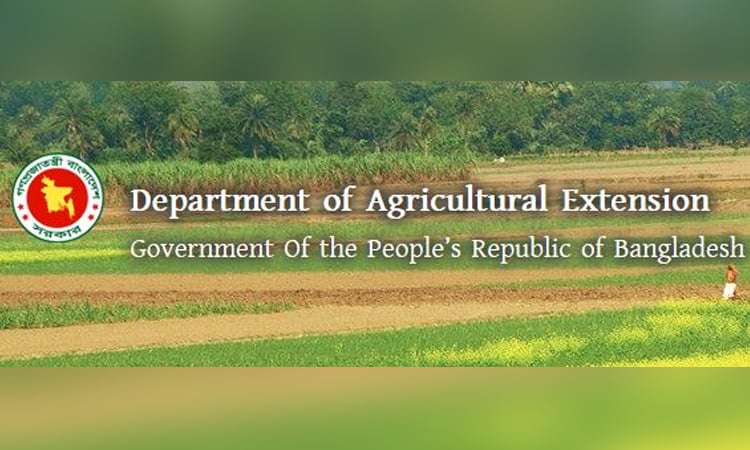Tags
Corporate farming in Pakistan- opportunities and pitfalls
Aross Sindh and Punjab, about 100,000 acres are being opened for corporate farming

Daud Khan is a retired UN staff based in Rome. He has degrees in economics from LSE and Oxford, where he was a Rhodes Scholar. Ghasharib Shoukat is a researcher focused on policy implementation and social reform currently serving as the Head of Product at Pakistan Agriculture Research. He is an alumnus of Bates College and SOAS and can be reached at ghasharib@par.com.pk
A major new drive has been launched to attract foreign direct investments (FDI) into Pakistan. Such investments, it is argued, would complement our very low rates of domestic saving. It would also bring in new technologies that would raise our low and stagnating levels of productivity, and provide access to international markets that would help increase and diversify foreign currency earnings. Several sectors were identified as having high potential for FDI including: IT, energy, mining, defence production and agriculture.
In agriculture, large tracts of land would be provided to companies under long-term lease agreements with the understanding that they would bring in capital, machinery and equipment, skilled technical and managerial manpower, as well as linkages to international markets. These corporate farms would be run on commercial lines by professional managers. This would be in sharp contrast to the current system in Pakistan where agricultural production is predominantly in the hands of small family farmers, or operated by tenants under the supervision of non-technical managers (munshis) who are mostly resposbible for collecting payments due to the landlord. Both national and international investors in agriculture would have access to such corporate land leases.
The initial reaction to the new opportunity was one of interest and enthusiasm, including from several Gulf countries that are highly dependent on food imports. These countries are keen to develop more reliable food supply sources but the high costs of water makes it difficult and expensive to produce domestically. Having access to land and water in a nearby friendly country is a highly attractive option. There has also been keen interest from domestic investors.
However, there has also been much criticism of the corporate farming programme. These focus on the likely negative impacts on small farmers who might be deprived of land and water; on herders and livestock farmers who might be denied access to grazing lands and migration routes; and on domestic consumers who might face higher prices due to due to greater food exports.
In this context, it is interesting to look at some international examples. Some countries in Southern Africa provide the worst examples. Local people were forcibly displaced from their lands that were then taken on by white farmers or by multinationals. The high levels of mechanisation meant that there were few jobs for those displaced, who often had to migrate or live in shanty towns on the edges of the big farms. In other countries, corporate farms were given leases to forest areas that they promptly cleared for palm oil or soybean production.
Set against this are the successful examples. In Europe and North America, most farming is undertaken by corporate enterprises that use top quality inputs and highly automated precision systems such as GIS operated tillers, harvesters and seeders. There are also many small to medium enterprises, often run by a single family. However, these mostly work together as a consortia or cooperatives which closely resemble corporate farms in terms of operational efficiency.
So, what does all this mean for the introduction of corporate farming in Pakistan? There are many positive and negative lessons but it may be worth listing some of the most important ones.
First, do not displace or disrupt existing farming systems. This may sound difficult in Pakistan where most lands with access to water belong to someone, even if their property rights are not formally registered. Nevertheless, rainfall patterns have been changing due to climate change. Previously arid and barren lands, particularly in Sindh and Balochistan, will likely have enough rainfall to grow crops in most years. Such lands are not suitable for family farms but are eminently suitable for agile corporates who can move in inputs, machinery and manpower if and when rains are sufficient to produce a good crop. It is these lands that should be offered for corporate farming.
Second, establish strong links with local communities. The local population must be given priority for jobs and suitable training and coaching should be provided to upgrade their skills. They should also be provided with services such as schools and hospitals. To ensure this happens, corporate farms must be required to set aside a fixed percentage of revenues for Corporate Social Responsibility (CSR) activities in the local area.
Third, respect and support traditional rights of migratory livestock herders by allowing them to transit and use crop residue for grazing. As part of the CSR activities they should also be provided animal health facilities, as well as feed and fodder during period of drought or other natural disasters.
Fourth, integrate with national and international supply chains. Large-scale corporate farming requires access to machinery and spare parts for soil preparation, planting and harvesting; quality inputs such as seeds, fertilisers and micro-nutrients; and equipment for transport, irrigation and soil testing. Contracts and supply lines need to be set in place with national and international suppliers to ensure reliable and timely delivery. Standby contracts and retainership arrangements are also needed for technical experts whose services will be needed from time to time
And finally, the Government needs to establish a set of clear and transparent rules and requirements to ensure that corporate farms are making a positive contribution to meeting Pakistan’s needs. One of these requirements has to be to sell a part of produce in national markets. This is particularly important in the case of wheat, where local demand outstrips demand; and for cotton, where Pakistan has to import to meet the requirements of the local textile industry. Other requirements are that profits are adequately taxed, and that there are strict guidelines on environmental impacts and sustainable use of natural resources.
Aross Sindh and Punjab, about 100,000 acres are being opened for corporate farming. Putting in place an appropriate architecture with suitable safeguards will not only shape the success of these ventures but will also serve as a blueprint for Pakistan’s agricultural future.
https://tribune.com.pk/story/2450321/corporate-farming-in-pakistan-opportunities-and-pitfallsPublished Date: December 18, 2023






